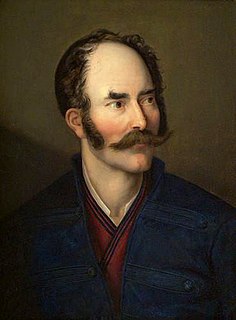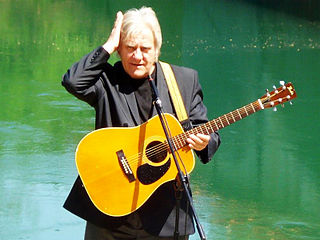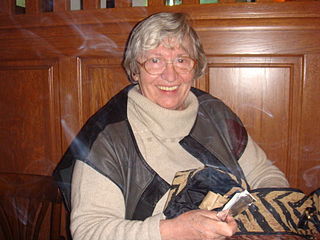 W
WTanja Bakić is a prominent Montenegrin poet, literary scholar, music writer and translator. She resides in Podgorica, where she has worked variously as an educator, editor, PR officer, interpreter and curator of literary-themed soirées and events. Her poems received numerous critical accolades and were frequently anthologized even in serious collections such as Ban’ya Natsuishiʼs 2016 “World Haiku”. She was a speaker at William Blake colloquium at Tate Britain in London. As a literary theorist, she contributes to Bloomsbury Publishing. She is the winner of Central European Initiative Fellowship for Writers Award 2016 bestowed upon her at Vilenica International Literary Festival in Slovenia. Chosen by the Australian poet Les Wicks among only sixteen writers across the globe who ‘bring something unique to the world poetry movement’.
 W
WGiovanni Bona de Boliris was a humanist poet and writer, who wrote in Latin and Italian.
 W
WMark Lucgjonaj (30.08.1986) is an Albanian poet and professor.
 W
WMarko Miljanov Popović was a Brda chieftain and Montenegrin general and writer.
 W
WSimeon "Sima" Milutinović "Sarajlija" was a poet, hajduk, translator, historian and adventurer. Literary critic Jovan Skerlić dubbed him the first Serbian romantist.
 W
WNikola I Petrović-Njegoš was the ruler of Montenegro from 1860 to 1918, reigning as prince from 1860 to 1910 and as the country's first and only king from 1910 to 1918.
 W
WVitomir "Vito" Nikolić was a Yugoslav and Montenegrin poet and journalist. His work is often compared to that of Sergey Yesenin, as he is often dubbed as "Montenegrin Yesenin".
 W
WLudovico Pasquali (c.1500–1551) was an Italian author, from Cattaro in the Albania Veneta. In Serbian his name is Ljudevit Pasković.
 W
WMarinko Pavićević, is a Montenegrin singer, songwriter, guitarist and poet, whose musical style incorporates elements of chanson, pop rock, psychedelic and recital. During his career, Pavićević worked as an editor in Montenegrin RTV and during the decades, he was one of the most influential music producers in Montenegro.
 W
WMirko Petrović-Njegoš was a Montenegrin military commander, diplomat and poet, belonging to the House of Petrović-Njegoš. He was given the title of veliki vojvoda of Grahovo, and is thus also known as Vojvoda Mirko. He was the father of Nikola, the future ruler of Montenegro.
 W
WPetar II Petrović-Njegoš, commonly referred to simply as Njegoš (Његош), was a Prince-Bishop (vladika) of Montenegro, poet and philosopher whose works are widely considered some of the most important in Serbian/Montenegrin literature.
 W
WBosiljka Pušić is a Montenegrin writer and poet. Bosiljka was born in Ćuprija, Serbia. In early 1937 her family moved to Jagodina, where her father opened an independent watch-making shop and she stayed there until her high school graduation. Bosiljka acquired a degree in literature at the Faculty of Arts in University of Belgrade. Before retiring, she worked as a high school teacher in Herceg Novi, where she resides to the present day. She is also a painter. She is a mother of prominent musician Antonije Pušić, better known as Rambo Amadeus.
 W
WNdue Sinishtaj is an Albanian poet, and former Catholic priest from Montenegro known for writing poems in Gheg Albanian.
 W
WDejan Stojanović is a Serbian poet, writer, essayist, philosopher, businessman, and former journalist. His poetry is characterized by a recognizable system of thought and poetic devices, bordering on philosophy, and, overall, it has a highly reflective tone. According to the critic Petar V. Arbutina, "Stojanović belongs to the small and autochthonous circle of poets who have been the main creative and artistic force of the Serbian poetry in the last several decades."
 W
WAndrija Zmajević was a Baroque poet, the Archbishop of Antivari and a theologian.